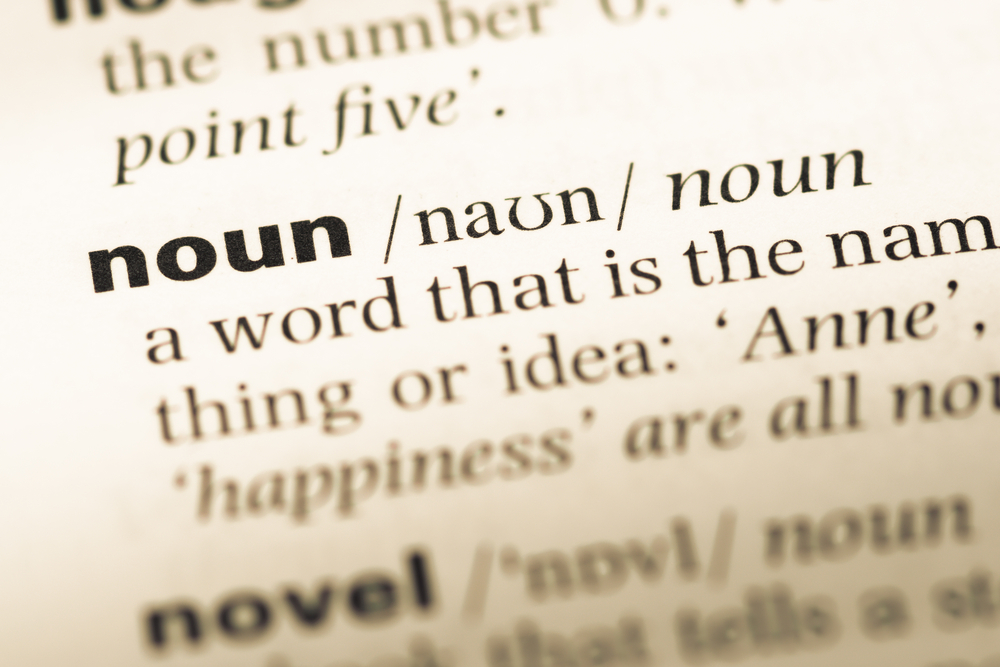Word Recognition Normal Worksheets for Ages 7-9
38 filtered results
-
From - To
Unlock your child's reading potential with our Word Recognition Normal Worksheets for Ages 7-9. Designed for young learners, these worksheets enhance vocabulary and comprehension skills through engaging and interactive exercises. Each worksheet focuses on key elements like sight words, phonics, and context clues to build confidence and fluency in reading. Our expertly crafted materials align with educational standards, making them perfect for both classroom use and at-home practice. Join numerous parents and educators in providing a fun and effective way to improve word recognition, turning young readers into enthusiastic learners. Explore the collection today!
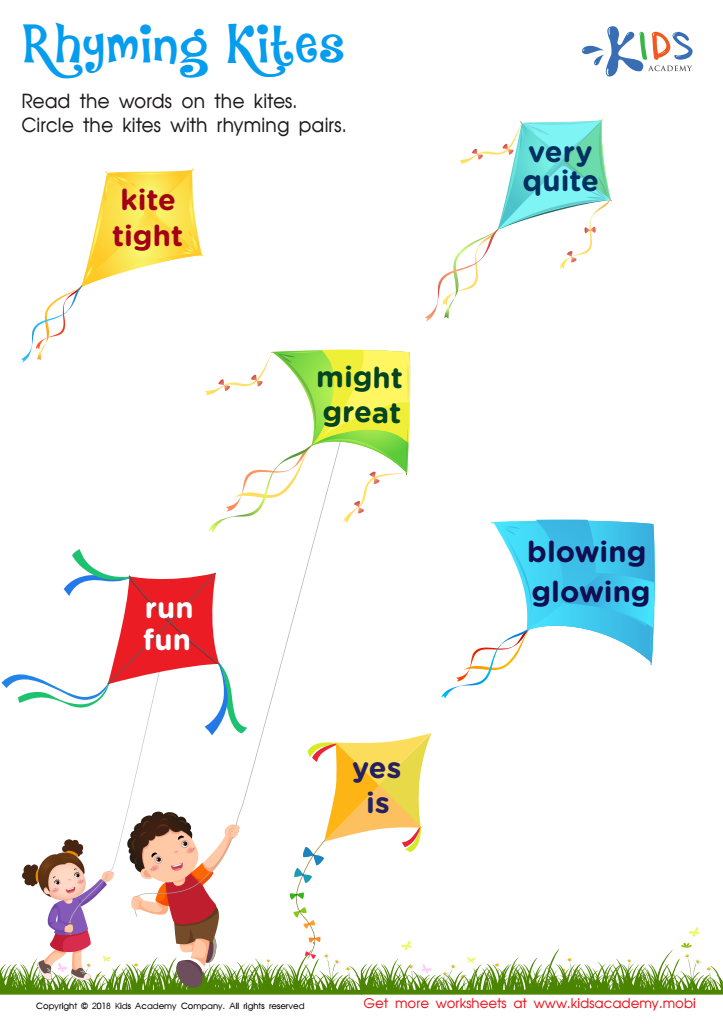

Rhyming Kites Worksheet
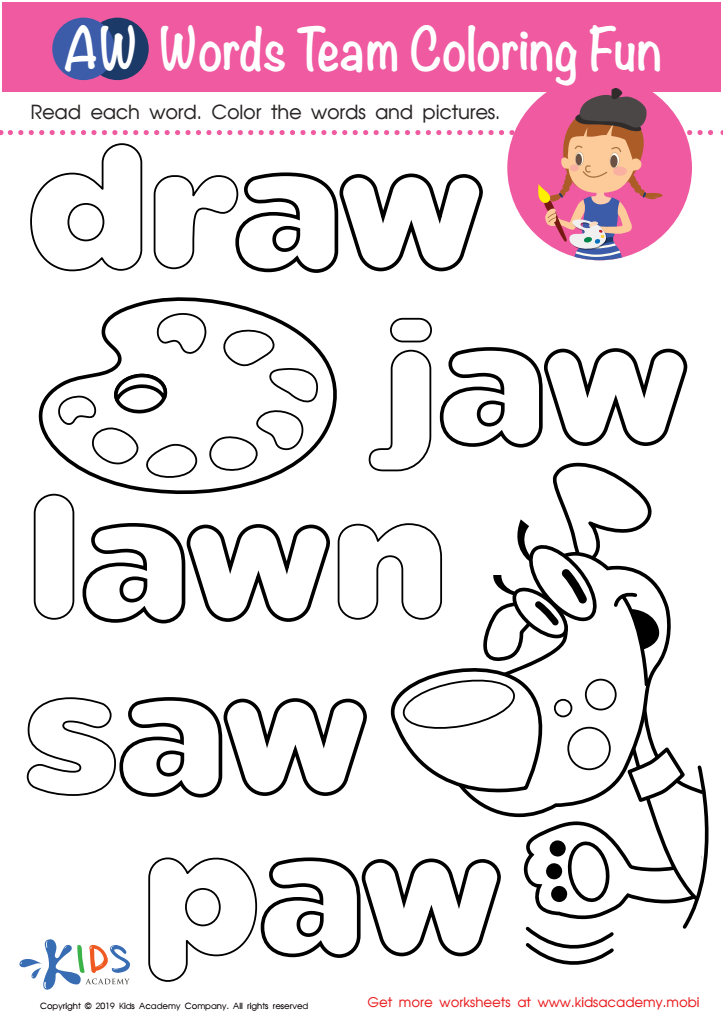

AW Words Team Coloring Fun Worksheet
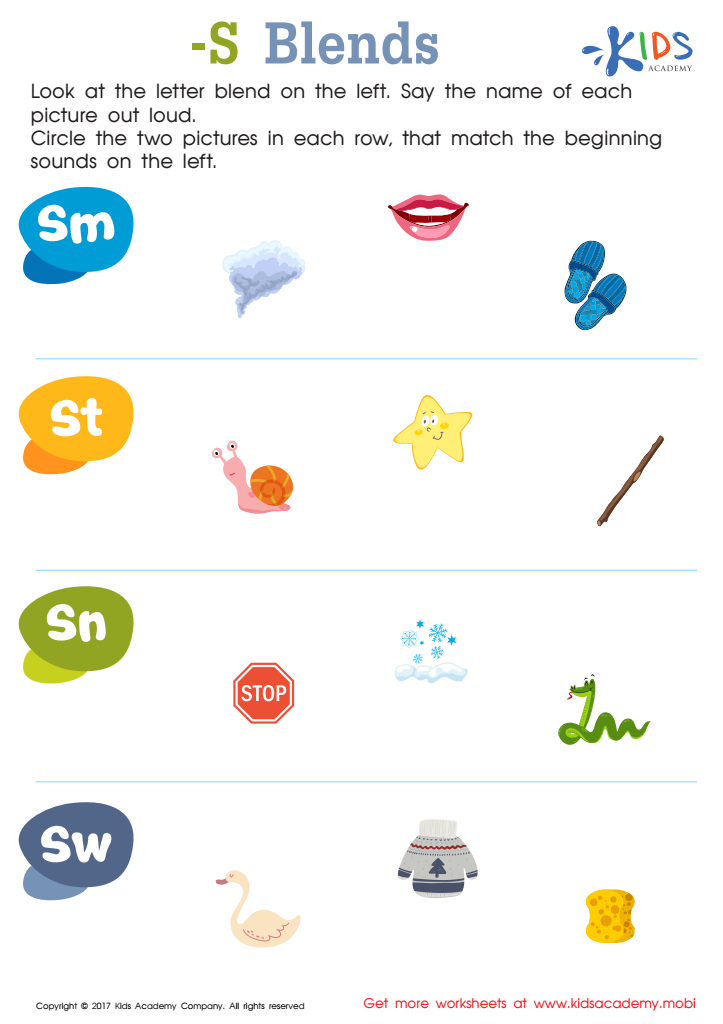

"s" Blends Spelling Printable
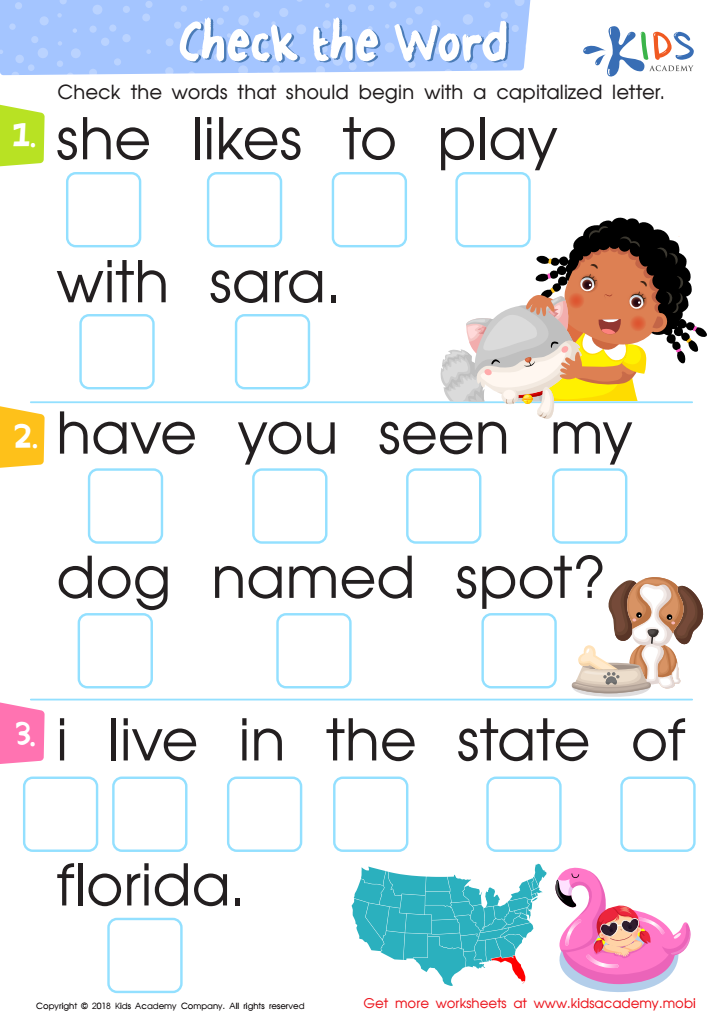

Check the Word Worksheet
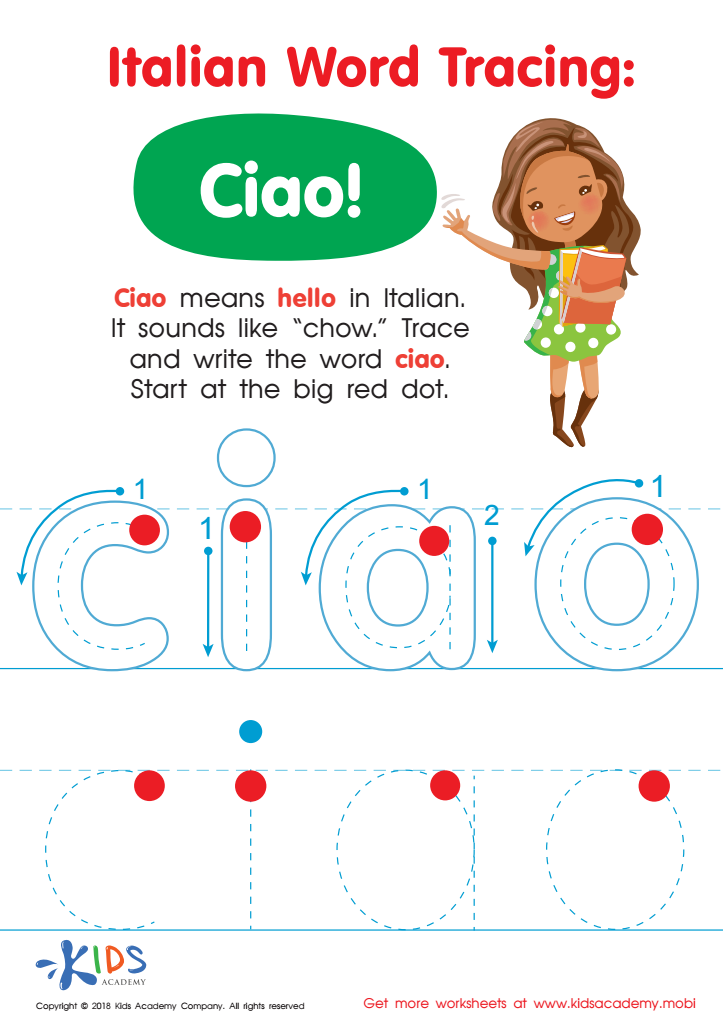

Italian Word Tracing: Ciao Worksheet


Phonics and Word Recognition: Assessment 3 Worksheet
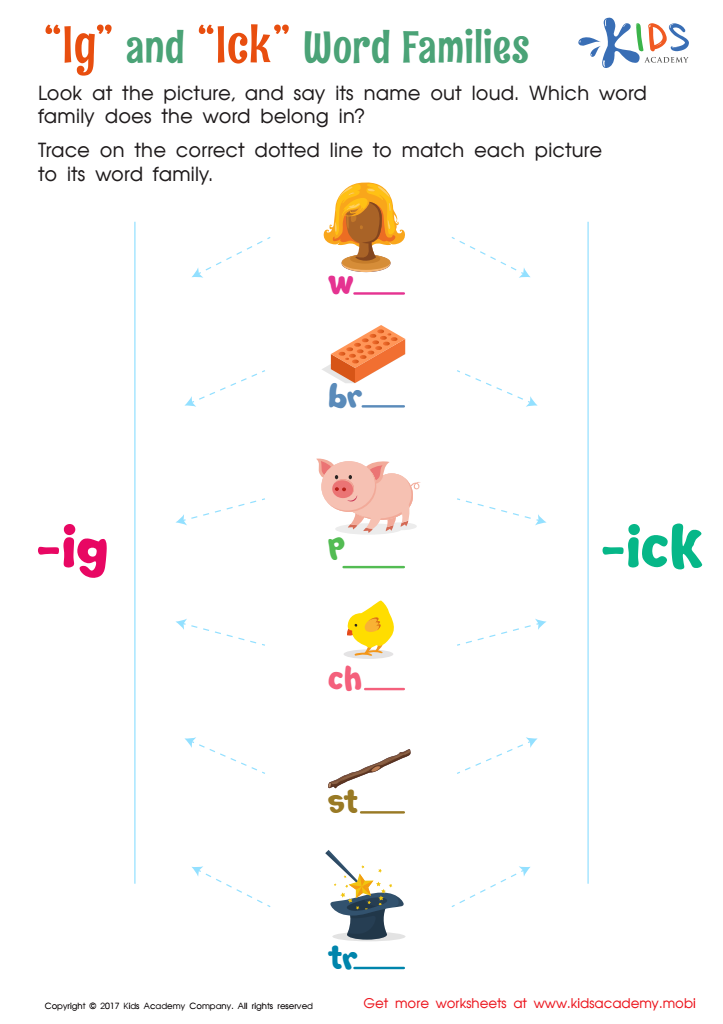

Words Families "ig" and "ick" Spelling Worksheet
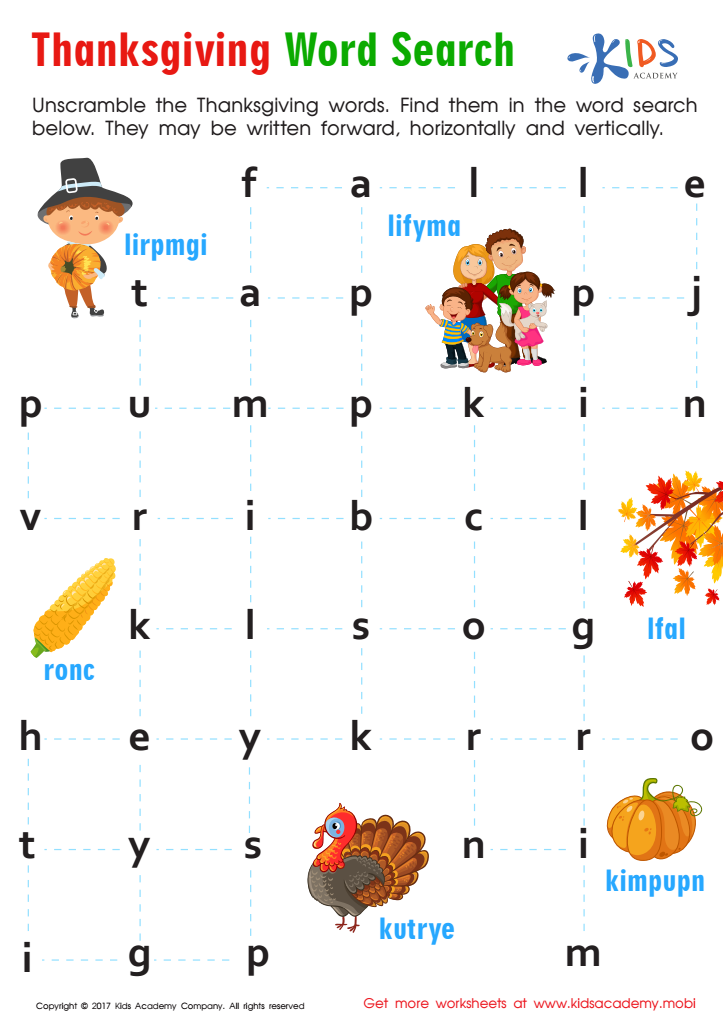

Thanksgiving Word Search Sight Words Worksheet
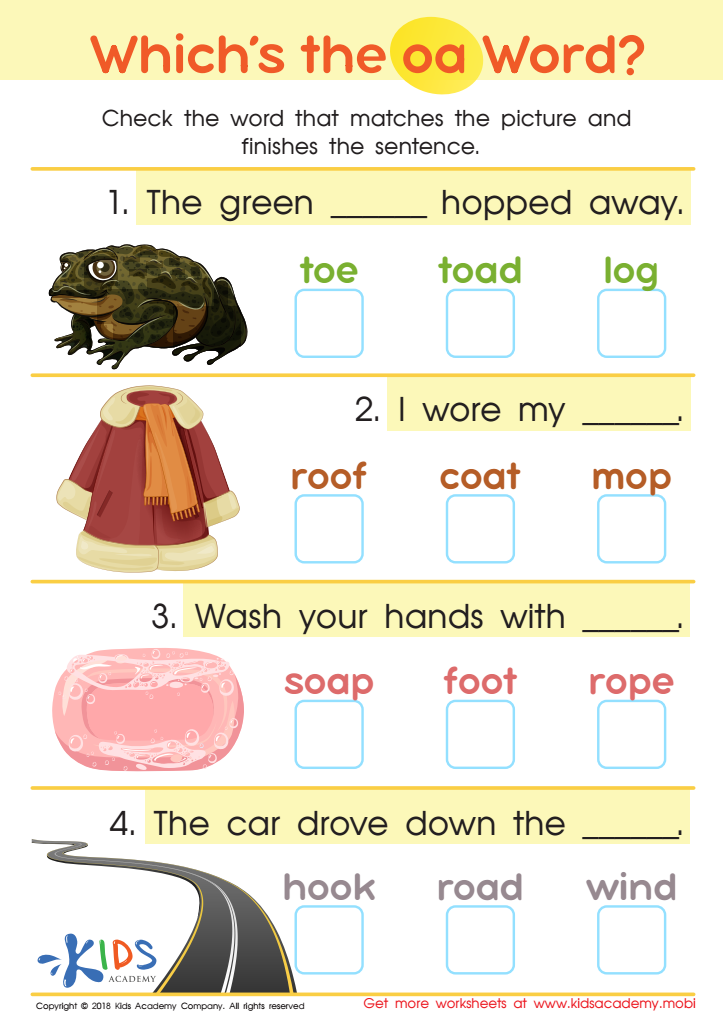

Which's the OA Word? Worksheet
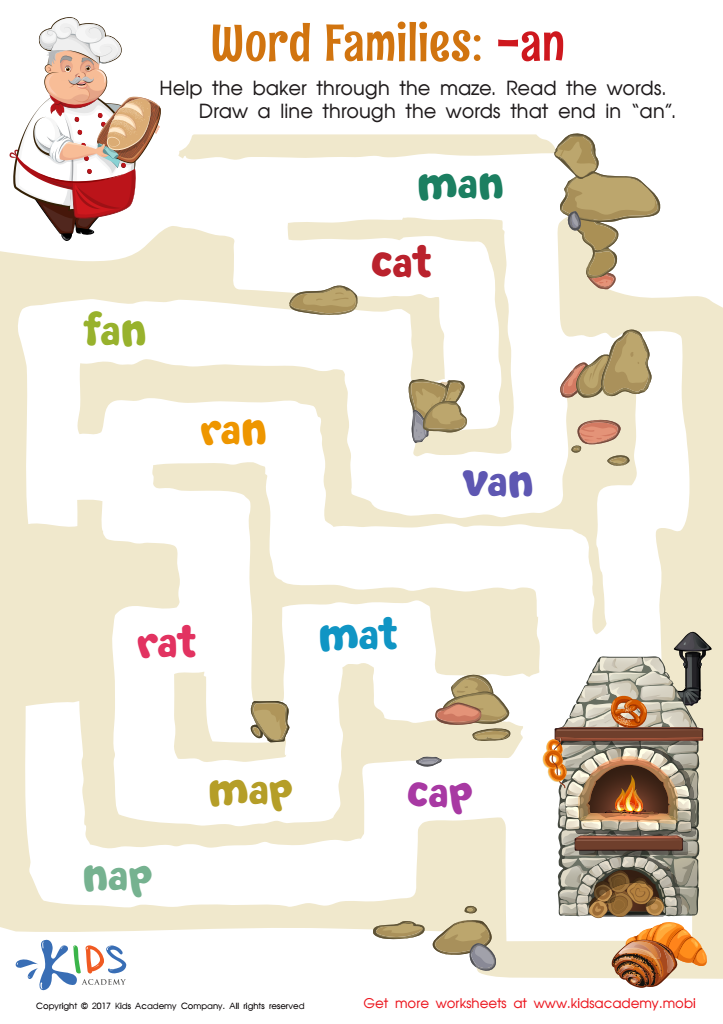

Words Families "an" Spelling Worksheet
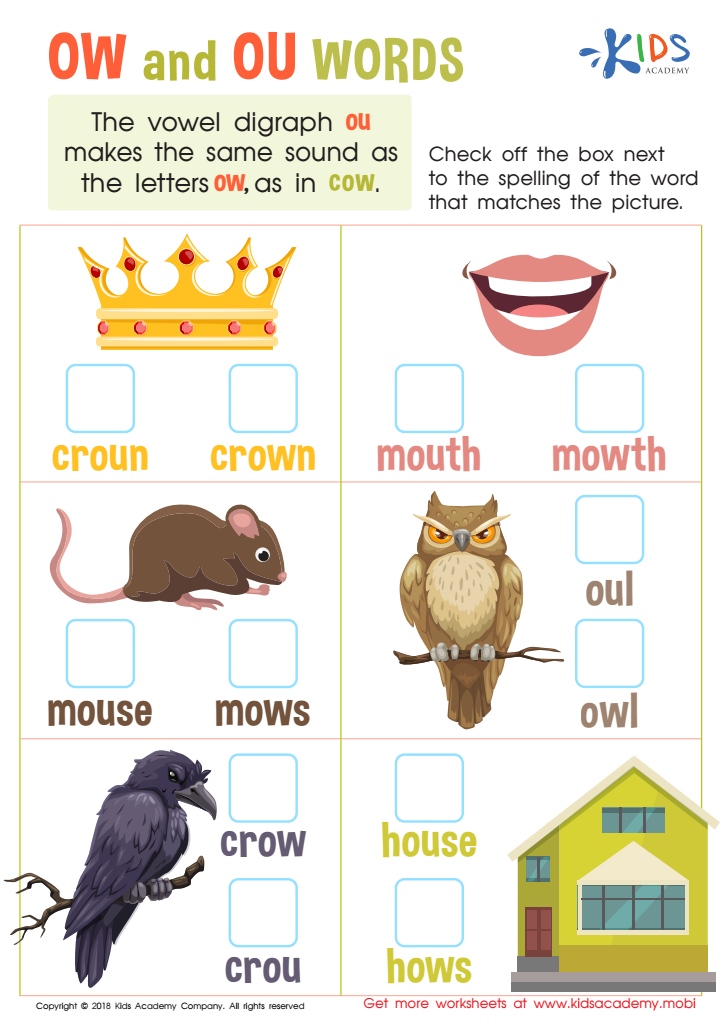

Reading: OW and OU Words Worksheet
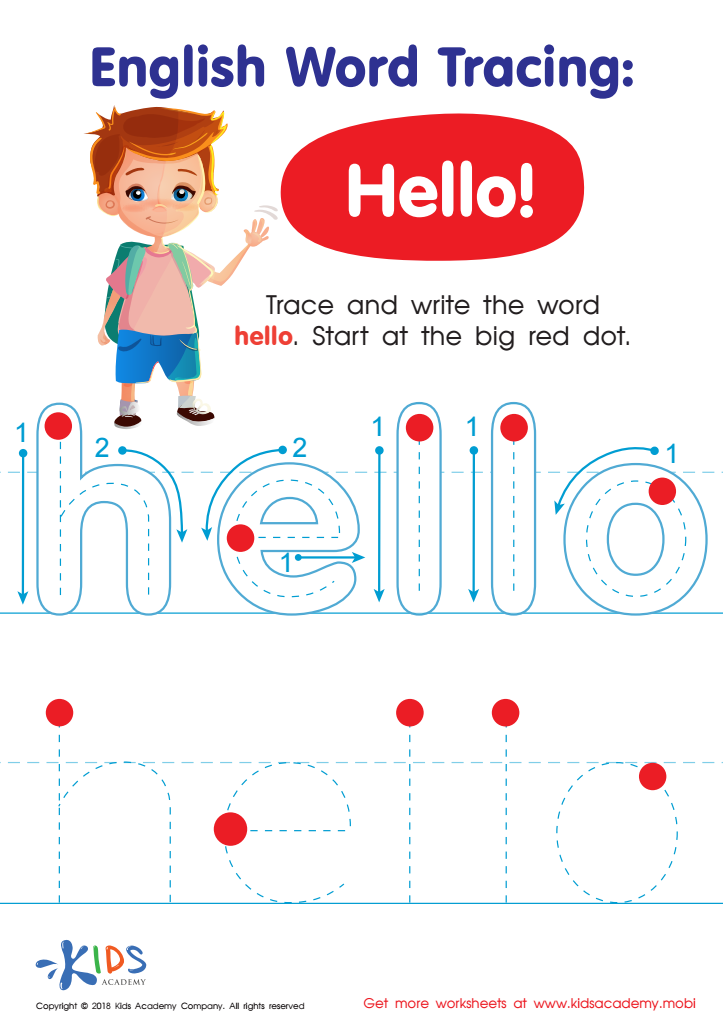

English Word Tracing: Hello Worksheet
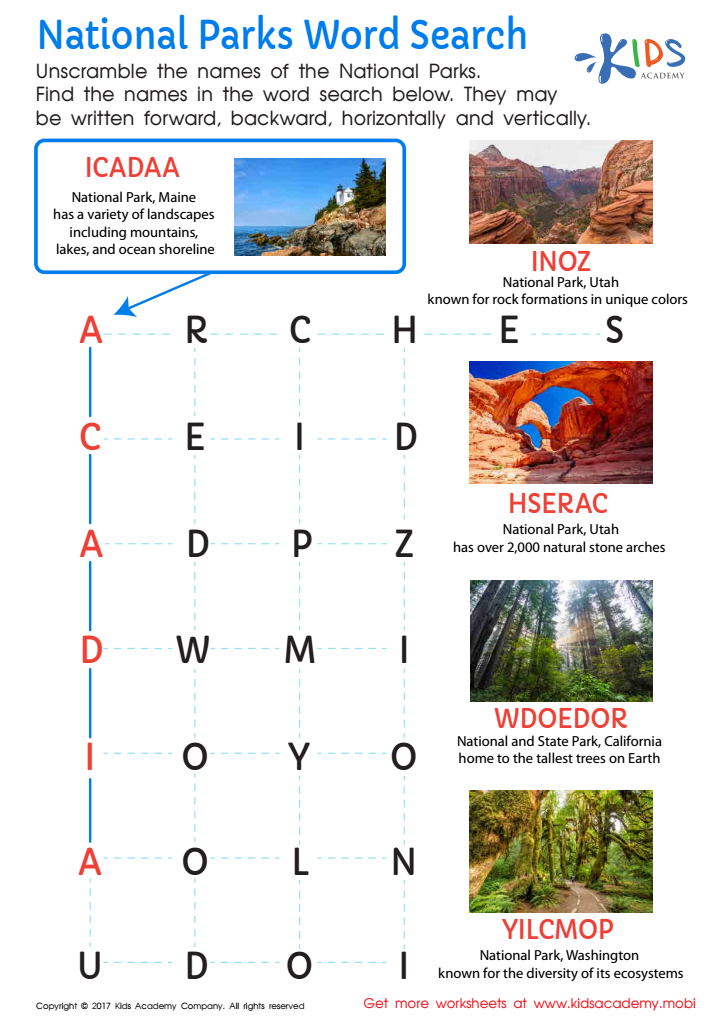

National Parks Word Search Worksheet
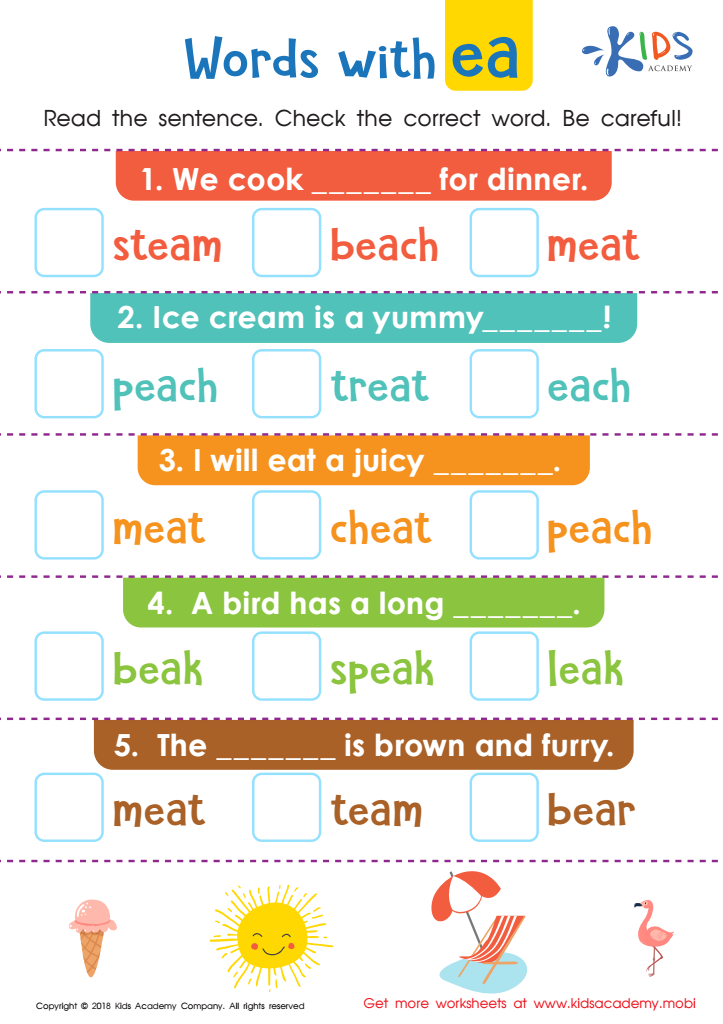

Words with ea Worksheet
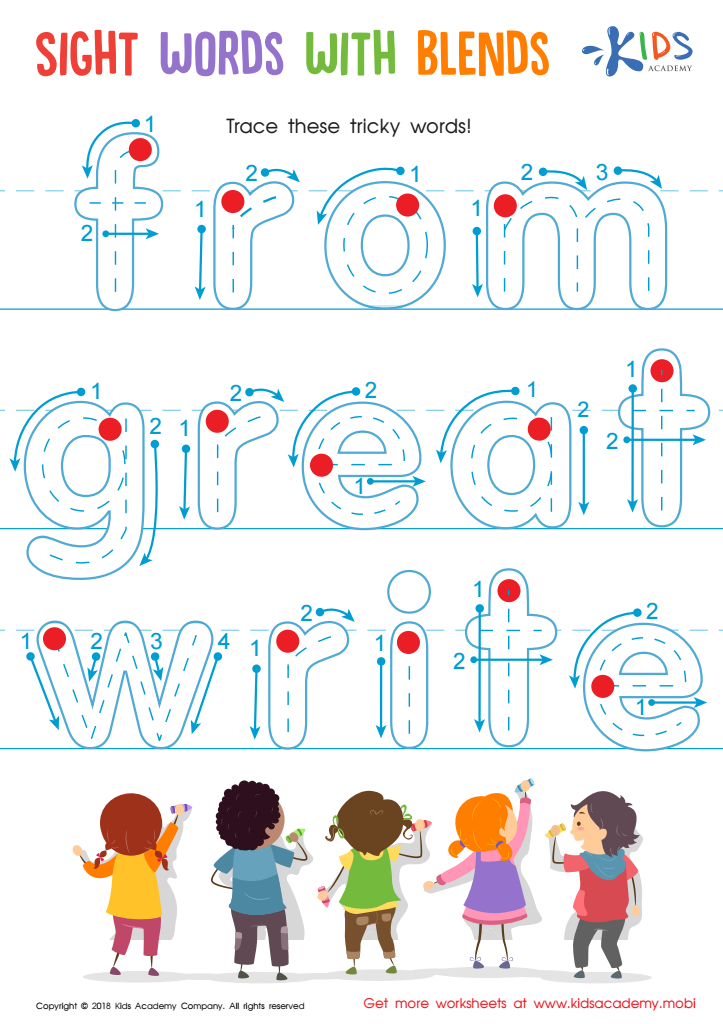

Sight Words with Blends Worksheet
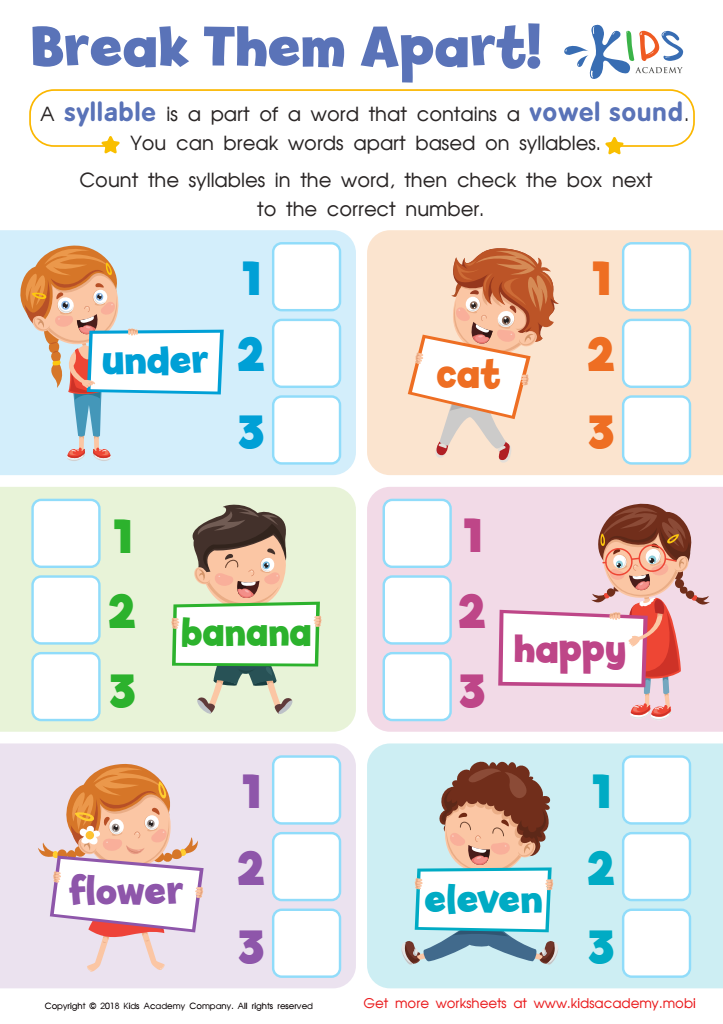

Reading: Break Them Apart Worksheet
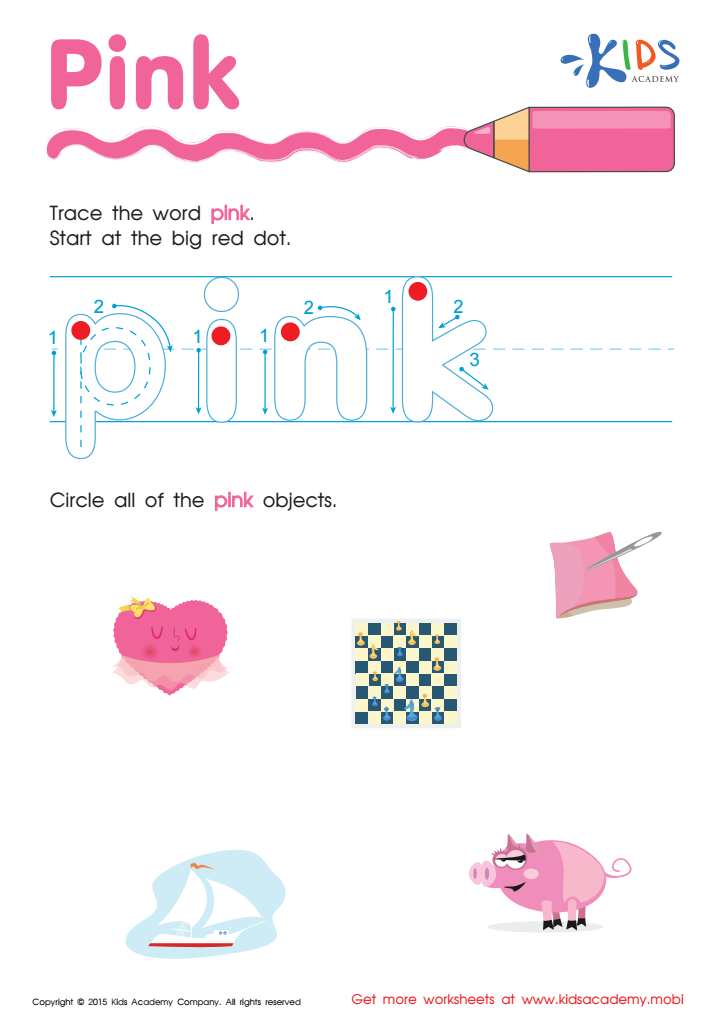

Pink Tracing Color Words Worksheet
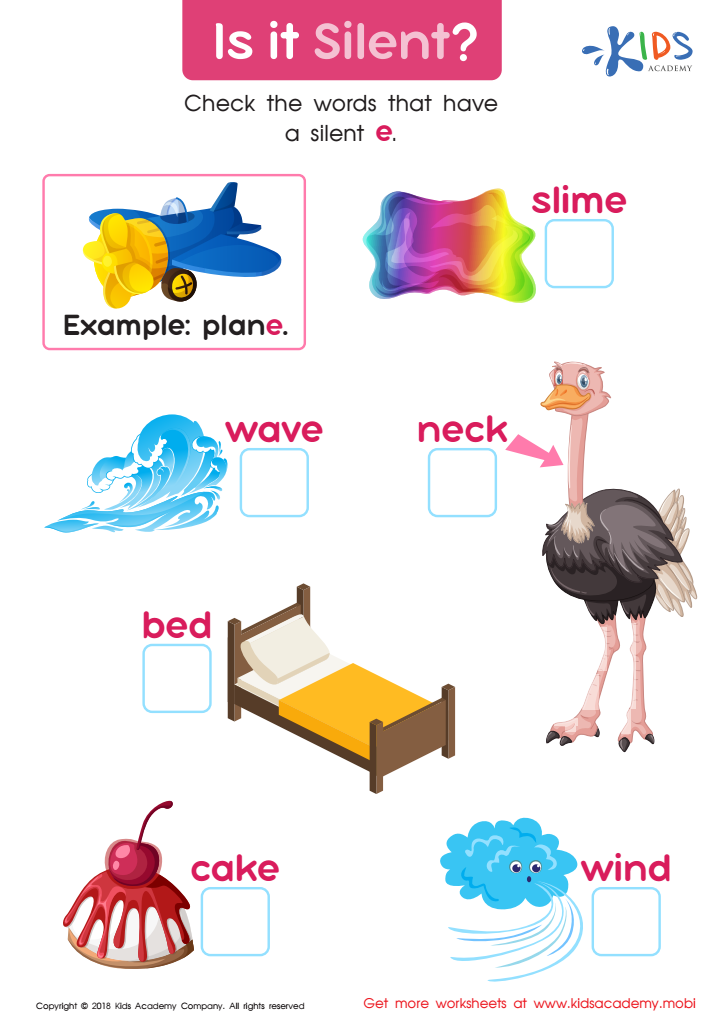

Is It Silent? Worksheet
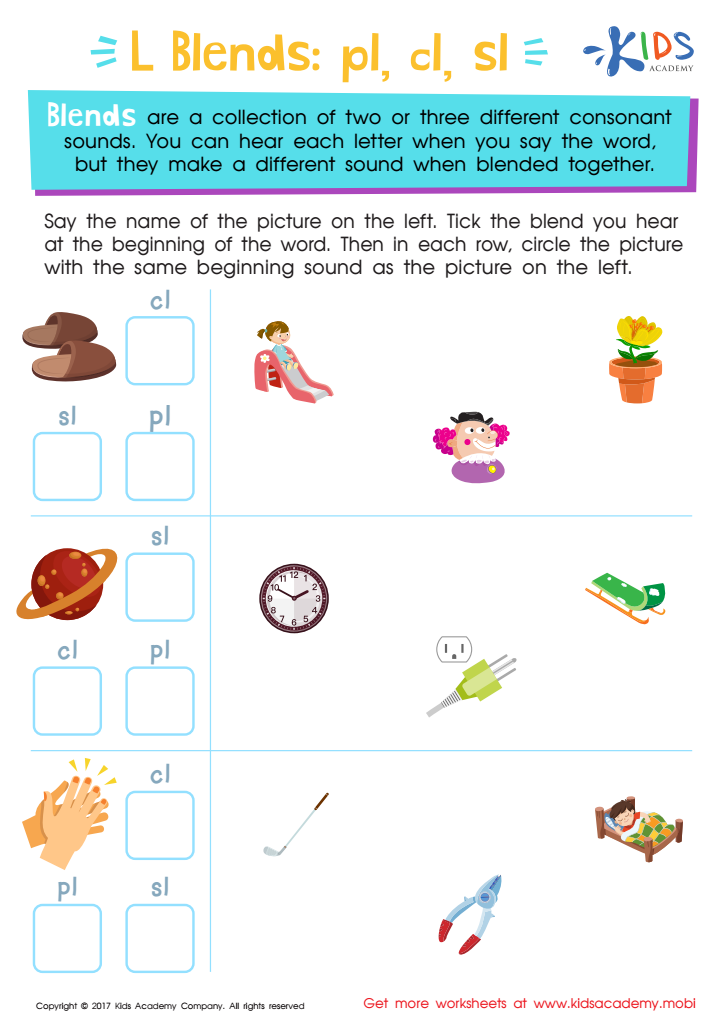

L Blends: "Pl", "Cl" and "Sl" Printable
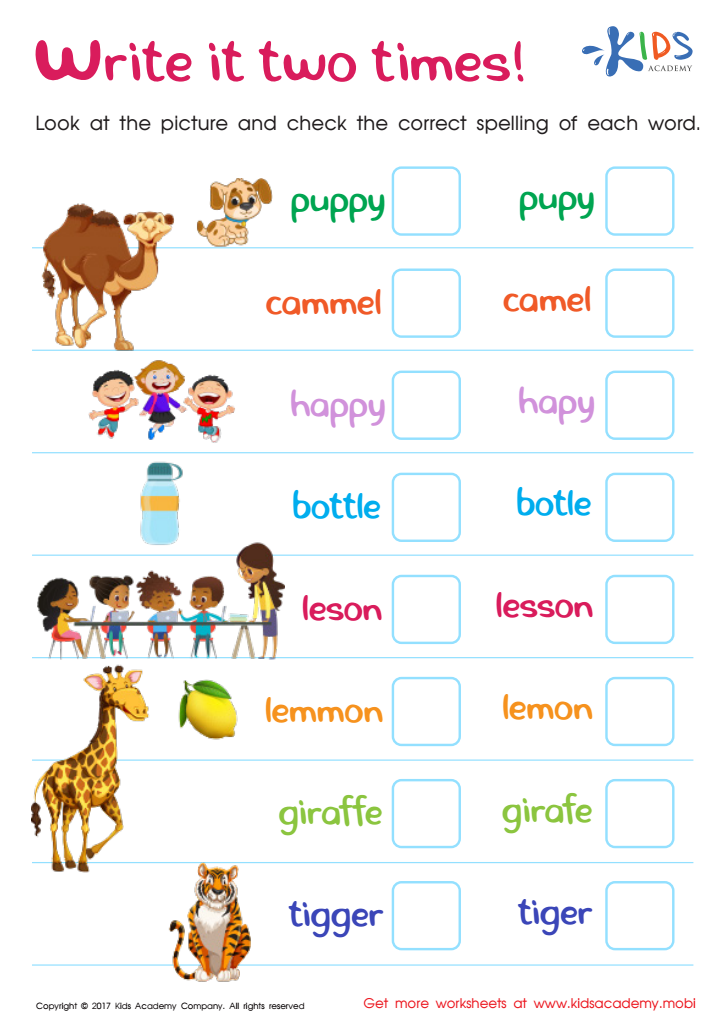

Spelling Practice Worksheet
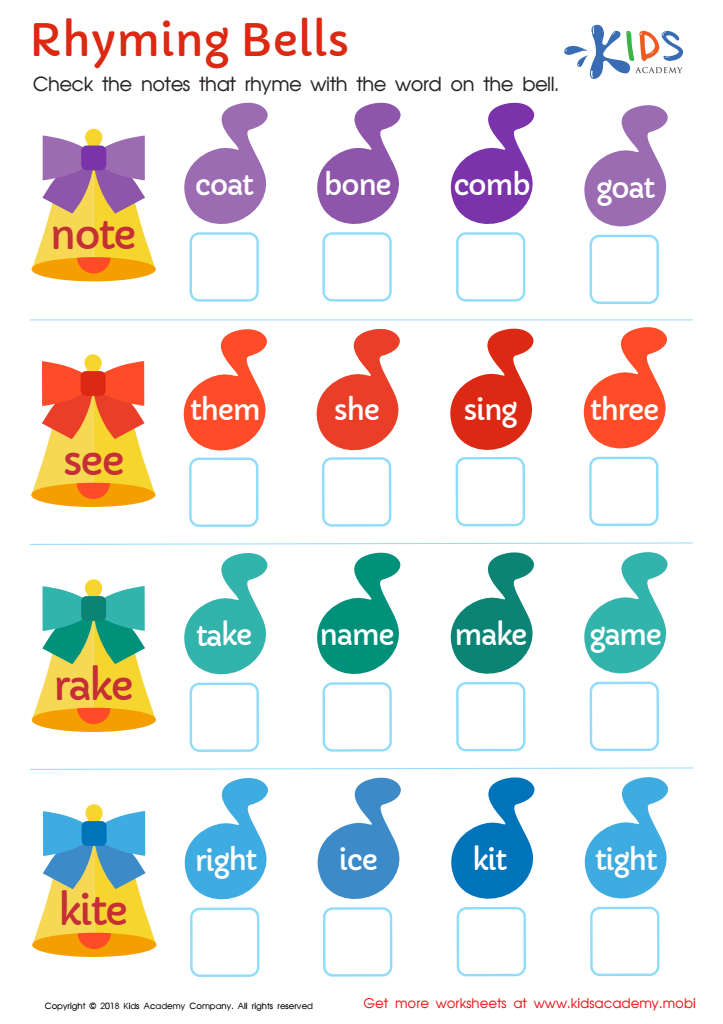

Rhyming Bells Worksheet
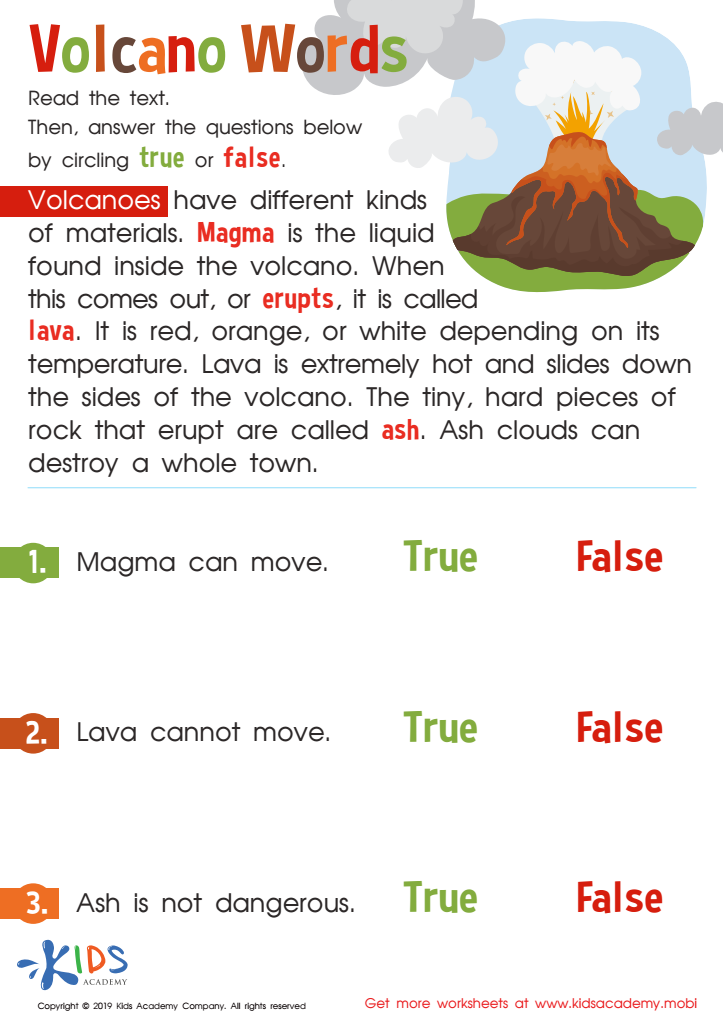

Volcano Words Worksheet
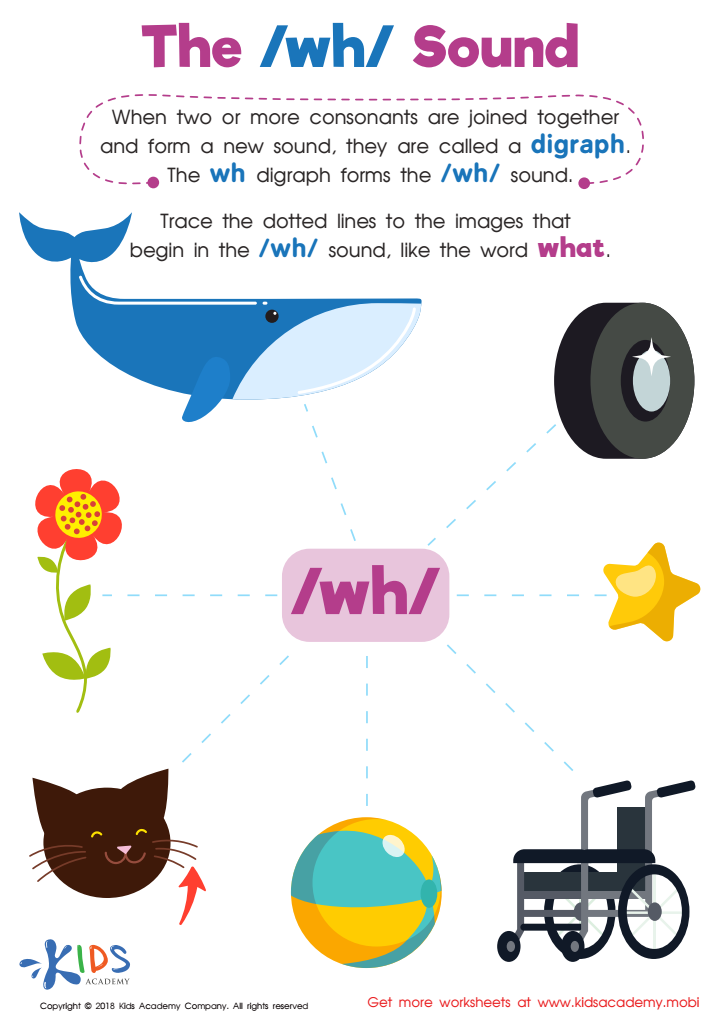

The /wh/ Sound Worksheet
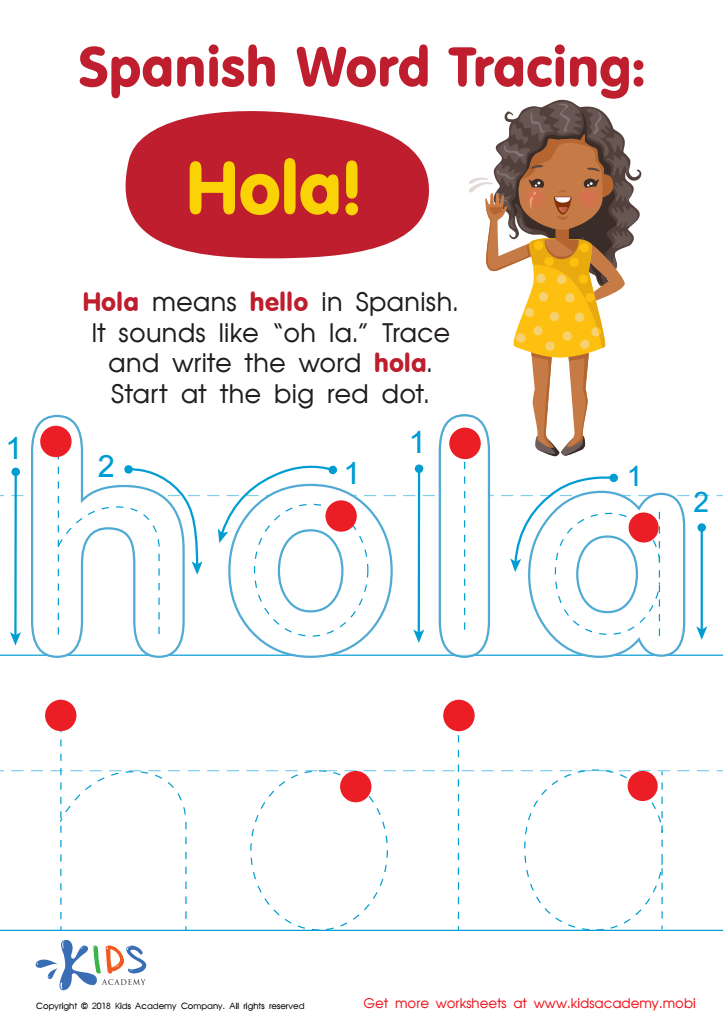

Spanish Word Tracing: Hola Worksheet
Word recognition is a foundational skill crucial for children's literacy development, particularly for ages 7-9. At this stage, transitioning from "learning to read" to "reading to learn" marks an important educational shift. When children master word recognition, they read more fluently, enabling them to comprehend texts more effectively. It reduces cognitive load, meaning that instead of struggling with decoding words, children can focus on understanding content, absorbing information, and enjoying the reading experience.
Normal word recognition indicates a child's ability to process and understand written words quickly and effortlessly. It boosts confidence and enthusiasm toward reading, fostering a positive attitude toward learning in general. This early success in reading can predict future academic performance, emphasizing the need for timely intervention if delays are noted.
For teachers, ensuring students develop proper word recognition skills means they can tailor more effective literacy programs. Parents can provide supportive home environments, filled with stories and literacy-rich activities, to reinforce these skills. Paying attention to word recognition in ages 7-9 sets a solid foundation, influencing overall educational outcomes, self-esteem, and a lifelong love for reading.
In summary, valuing word recognition at this critical age helps create adept readers prepared for complex learning, builds academic resilience, and supports emotional and social development.
 Assign to My Students
Assign to My Students



